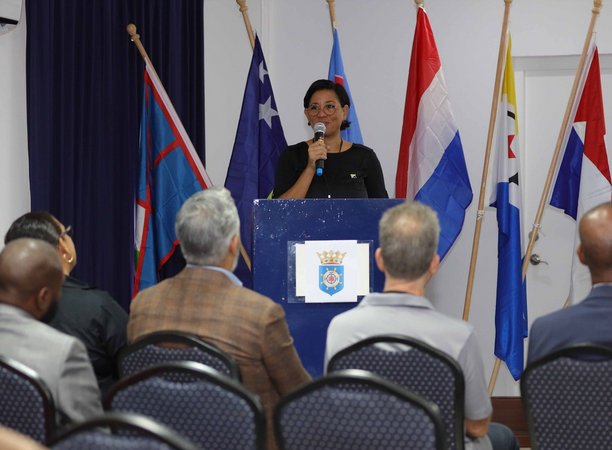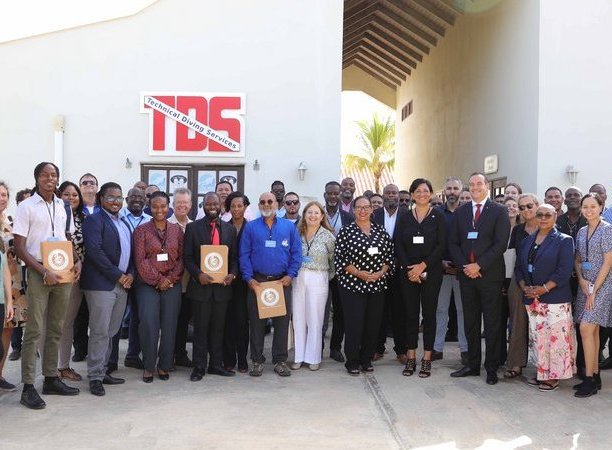During her recent working visit to The Hague, Bonaire’s Commissioner Anjelica Cicilia held key meetings with Dutch government officials to discuss two urgent topics: food security and the continuation of Bonaire’s Nature and Environment Policy Plan (NMBP). Despite political uncertainty in the Netherlands, the Dutch ministries remain committed to working closely with the island.
A top priority: closing Bonaire’s open landfill by 2030.
“We need to manage our waste better, recycle more, and stop relying on landfilling,” Cicilia said. “That’s the only way forward, for our environment and our people.”
Another critical theme: increasing local food production and reducing dependency on costly imports. The Dutch government is working on a new revolving fund that would allow entrepreneurs in the Caribbean Netherlands to access low-interest loans. This initiative, expected to total €24 million across the six islands, would support local farming, food processing, and sustainable business.
“Funding alone won’t cut it,” Cicilia emphasized. “We need knowledge, people, and smart solutions that fit our local context. What works in the Netherlands doesn’t always work here. But if we do this right, we can produce more of our own food—and rely less on what’s shipped in.”
Commissioner Cicilia met with Dutch Secretary of State Jean Rummenie (Ministry of Agriculture, Fisheries, Food Security and Nature) and Director-General Mark Roskam Abbing (Nature and Fisheries), among others. The Ministry of Interior Affairs (BZK) was also actively involved.
Back in May, Bonaire’s Executive Council presented a clear call for support to the Dutch government. The message: structural progress on waste and food security requires commitment from multiple ministries. “These conversations prove that The Hague is ready to step up,” said Cicilia. “Bonaire faces serious challenges. But with real partnership, we can build a cleaner, healthier and more resilient island, for now and for the next generation.”

